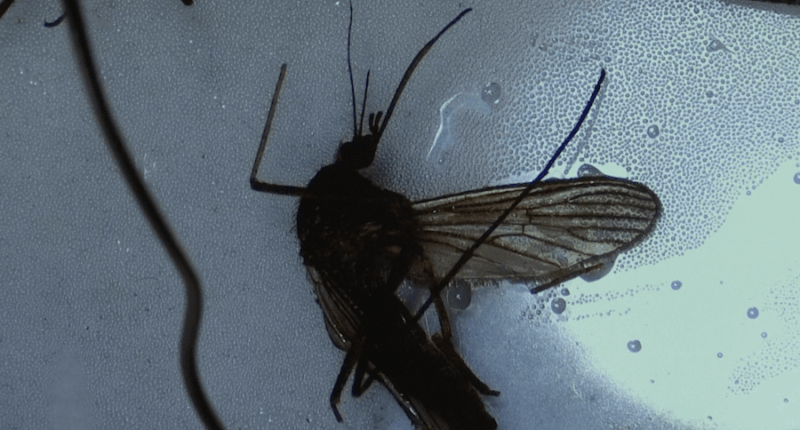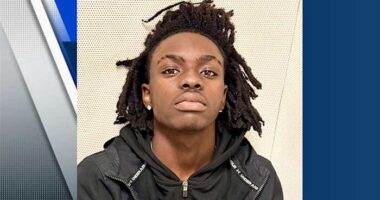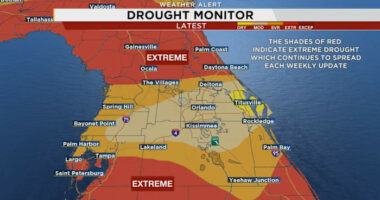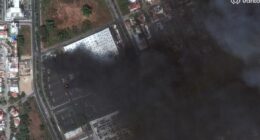Share this @internewscast.com

BEAUFORT COUNTY, S.C. () — For the first time in two decades, a person in South Carolina has succumbed to Eastern Equine Encephalitis (EEE) due to an infected mosquito. This took place in the Lowcountry area.
The Beaufort County Mosquito Control (BCMC) has not pinpointed the exact location within the county where the individual contracted EEE. They have increased their efforts by setting additional traps and conducting extensive testing on mosquitoes in the region. Their initiatives include spraying to eradicate large mosquito populations, monitoring these traps around the county, and performing lab tests. Although these tasks are routine for BCMC, they have heightened their operations.
“It’s always terrible when you hear of a death, especially one from a rare mosquito borne disease,” said Robert Cartner, the Director for BCMC.
It’s rare, but out of 53 species present in the county, mosquito control said a few are known to carry the disease.
“We’ve implemented six extra traps in the vicinity of the affected individual’s residence. We will maintain our intensified mosquito trapping until we determine that the risk has diminished,” stated Cartner.
The team set the traps as soon as they got alert of the death. BCMC brought those mosquitos back to the lab to further analysis.
“They were tested for triple E, they were tested for West Nile virus, and they were tested for Saint Louis encephalitis virus,” said Cartner.
No mosquitoes have been found carrying EEE or other viruses at this time. Nevertheless, officials continue to advise the public to remain cautious.
“If you need to be outside during peak mosquito activity times, ensure to apply insect repellent that is EPA-approved. The EPA website lists these as typically containing DEET, picaridin, lemon oil, or eucalyptus,” remarked Cartner. “Opt for light-colored apparel, ideally long sleeves. Though it can be uncomfortable in the heat, wearing long sleeves and pants is advisable as mosquitoes are more drawn to dark hues.”
Mosquito control told News 3 this is the peak season for mosquito borne viruses. The mosquito season for the Lowcountry ends around November.









